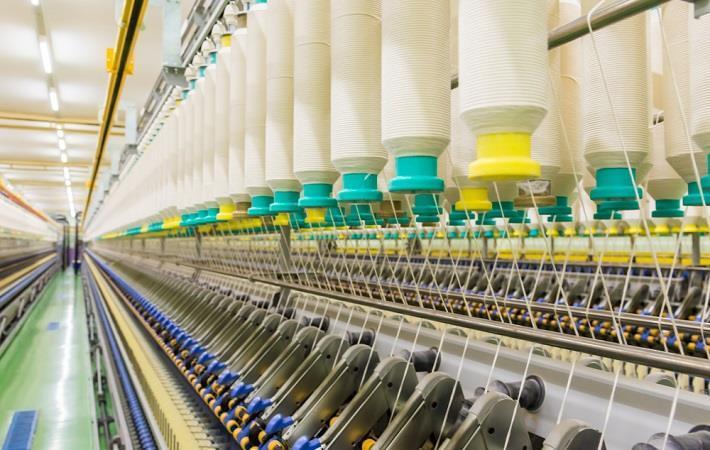The imports and exports of textiles between the EU and UK have witnessed major drop, with significant losses on both sides. The situation is likely to worsen, as the full customs regime between UK and EU has entered into force on January 1. EURATEX has called for cooperation to remove the issues in the EU-UK Trade agreement that prevents smooth trade.
All the sectors have been already suffering a significant loss in the past year and textile has been no exception. Compared to the same period in 2020, between January and September the EU recorded dramatic fall in imports, the survey by EURATEX has revealed.
Further, the data has shown that the most impacted EU countries on the export side are Italy, Netherlands, Belgium and Germany while on the import side the most impacted countries are Germany, Ireland and France. Among the T&C sectors, clothing articles are facing the most severe drop in both imports and exports, corresponding to a total trade loss of more than €3.4 billion over the 9 months period. Despite these alarming figures, the UK continues to be the most important export market for EU textiles and clothing.
The imports and exports of textiles between the EU and UK have witnessed major drop, with significant losses on both sides. The situation is likely to worsen, as the full customs regime between UK and EU has entered into force on January 1. EURATEX has called for cooperation to remove the issues in the EU-UK Trade agreement that prevents smooth trade.
Concerning the impact on the UK textiles sector, in May 2021 the UK Fashion and Textile Association’s (UKFT) surveyed 138 businesses, including leading UK fashion brands, UK textile manufacturers, wholesalers, fashion agencies, garment manufacturers and retailers. The results of the survey have shown that 71 per cent currently rely on imports from the EU, 92 per cent are experiencing increased freight costs, 83 per cent are experiencing increased costs and bureaucracy for customs clearance, 53 per cent are experiencing cancelled orders as a result of how the EU-UK agreement is being implemented and 41 per cent had been hit by double duties. The vast majority of the surveyed companies declared they are looking to pass the increased costs on to consumer in the next 6-12 months.
Since 1 January, full customs controls are being implemented. It means that export and import rules have become stricter: products should already have a valid declaration in place and have received customs clearance. Export from Britain to the EU must now have supplier declarations and the commodities codes changed.
EURATEX has called on the European Union and the United Kingdom to effectively cooperate to address, solve and remove the issues in the EU-UK Trade agreement that currently prevent smooth trade flows between the two sides of the channel. It is causing considerable losses for textile companies both in the EU as well as in the UK.
Fibre2Fashion News Desk (RR)


:max_bytes(150000):strip_icc()/Health-GettyImages-2190548475-32f16dd1c0b0453f9de5c8c766097399.jpg)


